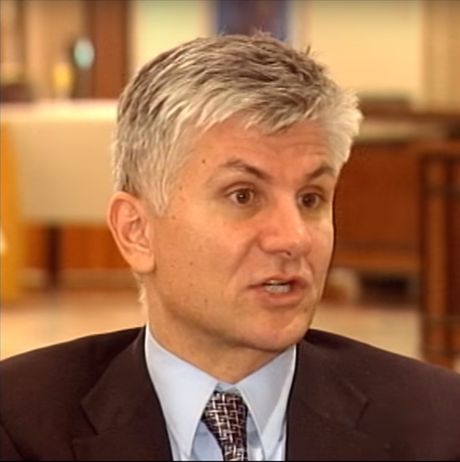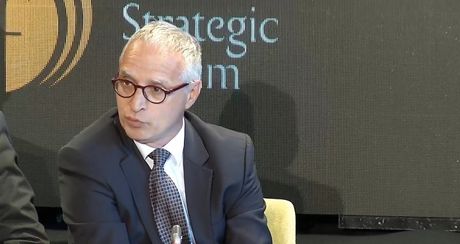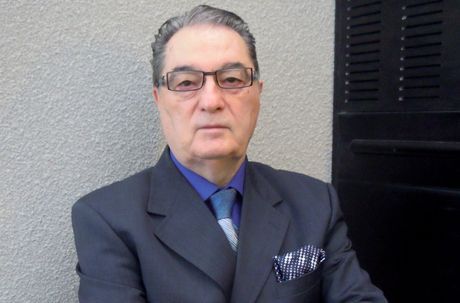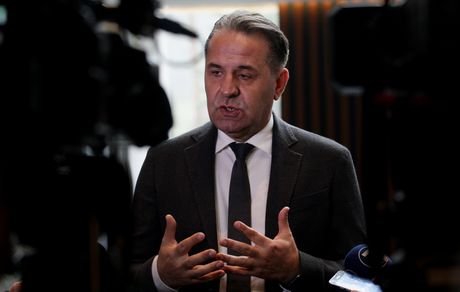Where are October 5 protagonists today: From ministerial chairs, to prison cells

Demonstrations were held in Belgrade 20 years ago to overthrow the regime of Slobodan Milosevic. The Democratic Opposition of Serbia (DOS) was a coalition made up of 18 political parties and movements that fought together to remove Slobodan Milosevic from power.
Today, most of them are no longer in politics, some are no longer alive, some ended up behind bars, and only a few remained active in public affairs.
Zoran Djindjic was the president of the Democratic Party, a former mayor of Belgrade and the first democratically elected prime minister after the 2001 elections.
He played a prominent role in the elections for the president of the Federal Republic of Yugoslavia held in September 2000 and the subsequent demonstrations that led to the fall of Milosevic.

He was assassinated in front of the government building in Belgrade on March 12, 2003.
Vojislav Kostunica headed the DOS list in the 2000 election, served as president of Yugoslavia and prime minister of Serbia, but after the political collapse of his Democratic Party of Serbia (DSS), he withdrew from public life.
During the 2000 campaign, Cedomir Jovanovic was the head of the DS and DOS election campaign. He was expelled from the Democratic Party at the end of 2005. He set up the Liberal Democratic Party, which did not win any seats in parliament in the last election. Despite the poor results he is achieving, he is still present in the political world.
Goran Svilanovic was the leader of the GSS on October 5, who led a column of Uzice residents. He was later foreign minister and an official of the Stability Pact for Southeast Europe.

Today, he lives and works in Vienna as an expert and consultant for organizations dealing with the Balkans.
Dragoljub Micunovic joined the DOS as the leader of the Democratic Center, which later collectively became a member of the Democratic Party, while he became president of the Political Council of this party. Today he is present at political events in the country.
Who ended up behind bars?
Momcilo Perisic was the chief of the General Staff of the Yugoslav Army during the time of Slobodan Milosevic, and leader of the Movement for Democratic Serbia, a member of DOS. While serving as Deputy Prime Minister to Zoran Djindjic, he was arrested in a case that saw him accused of involvement in espionage, after which he left the government.
In March 2005, Perisic voluntarily surrendered to the Hague Tribunal, which sentenced him to 27 years in prison for crimes committed against Muslims in Bosnia and Herzegovina and Croats in Croatia. On 28 February 2013, the Appeals Chamber of the Hague Tribunal acquitted him of all charges.
Nebojsa Pavkovic, former Chief of the General Staff of the Army, also appeared before the Hague Tribunal, 5 years after participating in the October 5 demonstrations.

His participation in the October 5 demonstrations was actually a decision not to take the army to the streets, and the next day he congratulated Kostunica. He surrendered to The Hague tribunal on April 25, 2005. The Hague tribunal sentenced him to 22 years in prison for crimes against humanity.
Milorad Ulemek Legija was the commander of the special unit JSO. Before October 5, he promised the DOS representatives that the the unit, nicknamed "Red Berets" would not intervene and attack the people.
He is currently serving a 40-year prison sentence for the assassination of Prime Minister Zoran Djindjic, and has been identified as one of the main organizers of assassinations and attempted assassinations of other senior Serbian politicians - former Serbian Presidency President Ivan Stambolic, as well as the attempts to kill Vuk Draskovic in Budva and on the Ibar highway, during which four members of Draskovic's SPO party lost their lives.
Which October 5 protagonists are still active in politics?
Rasim Ljajic is currently minister of trade, tourism and telecommunications, while over the years he was in the governments led by DSS, DS and SNS, in charge of departments of national and ethnic communities, human and minority rights, labor and social issues, trade and telecommunications, and cooperation with the Hague Tribunal.

Ljajic joined the DOS as the leader of the Sandzak Democratic Party, but in 2008 founded the Social Democratic Party of Serbia and became its leader.
Nenad Canak is today president of the League of Social Democrats of Vojvodina, and 20 years ago he cooperated, as part of a coalition with the DOS parties, to form the government in the province of Vojvodina.
Today, his party, LSV, is a coalition partner to the Serbian Progressive Party (SNS) in the city government of Novi Sad, failing to enter the national parliament, having won less than one percent of votes in the last elections.
(Telegraf.rs)
Video: Vučić pozdravio građane ispred Skupštine Srbije
Telegraf.rs zadržava sva prava nad sadržajem. Za preuzimanje sadržaja pogledajte uputstva na stranici Uslovi korišćenja.

